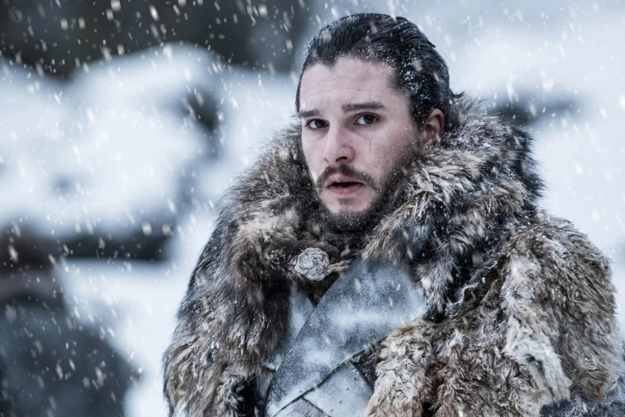
Actress Dame Diana Rigg, best known for her roles in the TV spy series The Avengers and the megahit Game of Thrones, died Thursday, September 10.
She was 82 years old.
Rigg died surrounded by her family after suffering from cancer that was diagnosed in March, according to a statement from her family.
Rigg “spent her last months joyfully reflecting on her extraordinary life, full of love, laughter, and a deep pride in her profession,” her daughter, actress Rachael Stirling, told the Associated Press. ”I will miss her beyond words.”
Many baby boomers would recognize her for her role in The Avengers TV series which ran from 1961-1968, in which she played the role of secret agent Emma Peel. She reportedly auditioned for the role on a whim.

Rigg first appeared on the silver screen in The Assassination Bureau in 1969. She later played James Bond’s wife, Tracy Bond, in On Her Majesty’s Secret Service.
Rigg shot back into stardom thanks to her role on Game of Thrones, where she played Lady Olenna Tyrell from 2013-2017. The role, which became a fan-favorite, earned her four Primetime Emmy nominations.
She was given the title of Dame, a British order of chivalry, in 1994 in recognition of her many years of contributions to drama. In her career that spanned more than 11 decades, she received BAFTA, Emmy, Tony, and Evening Standards Awards.
Rigg is survived by her daughter, Rachael Stirling; her son-in-law, Guy Garvey, and her grandson, Jack Stirling Garvey.
Editors' Recommendations
- Netflix’s 3 Body Problem is missing the one thing that made Game of Thrones great
- 7 most underrated Game of Thrones episodes ever
- Star Wars’ distant past has potential for Game of Thrones-like drama
- Game of Thrones deserves to be a great video game like Elden Ring
- The 10 most powerful Game of Thrones characters ever, ranked




